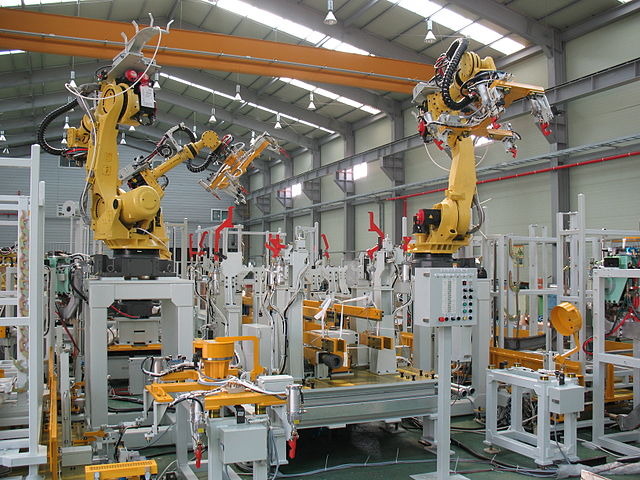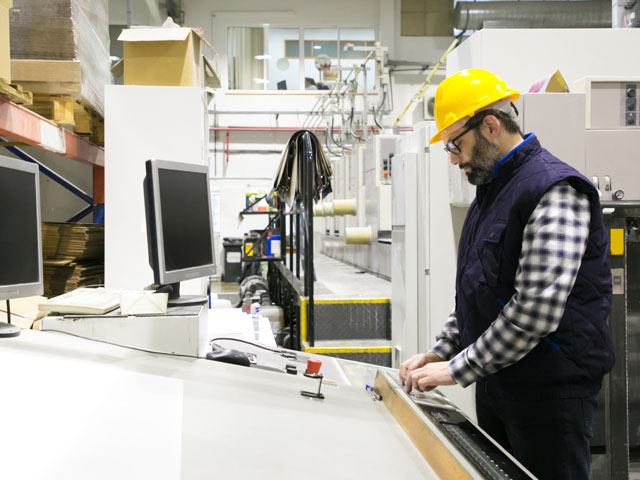Sustainable Materials in Manufacturing

In an era where environmental consciousness is at the forefront, industries are steering towards sustainable practices. Manufacturing, a sector known for its significant impact on the environment, is experiencing a remarkable transformation. The adoption of sustainable materials is not merely a trend; it’s a necessity. In this article, we delve into the evolution of sustainable materials in manufacturing, with a particular focus on biodegradable plastics and the promising alternatives that lie beyond.
Understanding the Urgency
The traditional manufacturing processes heavily rely on non-renewable resources, contributing to pollution and resource depletion. The urgency to adopt sustainable materials arises from the need to reduce carbon footprints, minimize waste, and mitigate the adverse effects on the ecosystem.
Unraveling the Biodegradable Plastics Revolution
The Rise of Biodegradable Plastics
Biodegradable plastics have emerged as a game-changer in the pursuit of sustainable manufacturing. Unlike traditional plastics that persist in the environment for centuries, biodegradable plastics break down naturally, reducing the burden on landfills and oceans.
Assessing the Impact
The environmental impact of biodegradable plastics extends beyond their disposal. From raw material extraction to manufacturing processes, the life cycle analysis of these materials reveals a significantly lower carbon footprint compared to their conventional counterparts.
Beyond Biodegradable Plastics: Exploring Innovative Alternatives
While biodegradable plastics are making waves, researchers and manufacturers are exploring even more advanced alternatives. Let’s take a closer look at some promising materials that could shape the future of sustainable manufacturing.
1. Mycelium-based Materials
Derived from fungi, mycelium-based materials offer a biodegradable and versatile alternative. These materials can be molded into various shapes, providing a sustainable option for packaging and construction.
2. Recyclable Polymers
Innovation in polymer chemistry has led to the development of recyclable polymers with properties comparable to traditional plastics. These materials can be reused multiple times without losing their integrity, offering a closed-loop solution to plastic waste.
3. Plant-based Bioplastics
Extracted from renewable resources like corn starch and sugarcane, plant-based bioplastics are gaining popularity. They not only decompose naturally but also reduce dependency on fossil fuels, making them a sustainable choice for a wide range of applications.

The Road Ahead: Challenges and Opportunities
While the shift towards sustainable materials in manufacturing is promising, it comes with its own set of challenges. From overcoming cost barriers to ensuring widespread adoption, the industry must navigate hurdles to make sustainable practices the new norm.
Challenges:
- Cost Implications: Sustainable materials, at times, can be more expensive than traditional counterparts, posing a challenge for widespread adoption.
- Technological Barriers: Implementing new materials may require upgrades in manufacturing processes, presenting technological challenges for some industries.
Opportunities:
- Consumer Awareness: The increasing awareness and demand for eco-friendly products create a market for sustainable materials.
- Innovation and Collaboration: Industry collaboration and innovative solutions can pave the way for more sustainable practices.
Conclusion: A Greener Tomorrow
The evolution of sustainable materials in manufacturing marks a pivotal moment in the industry’s history. Biodegradable plastics and their innovative counterparts represent a conscious effort to build a greener and more sustainable future. As challenges are addressed and opportunities seized, the manufacturing landscape is set to undergo a profound transformation. Come and check Phygen to get more important information about manufacturing.

